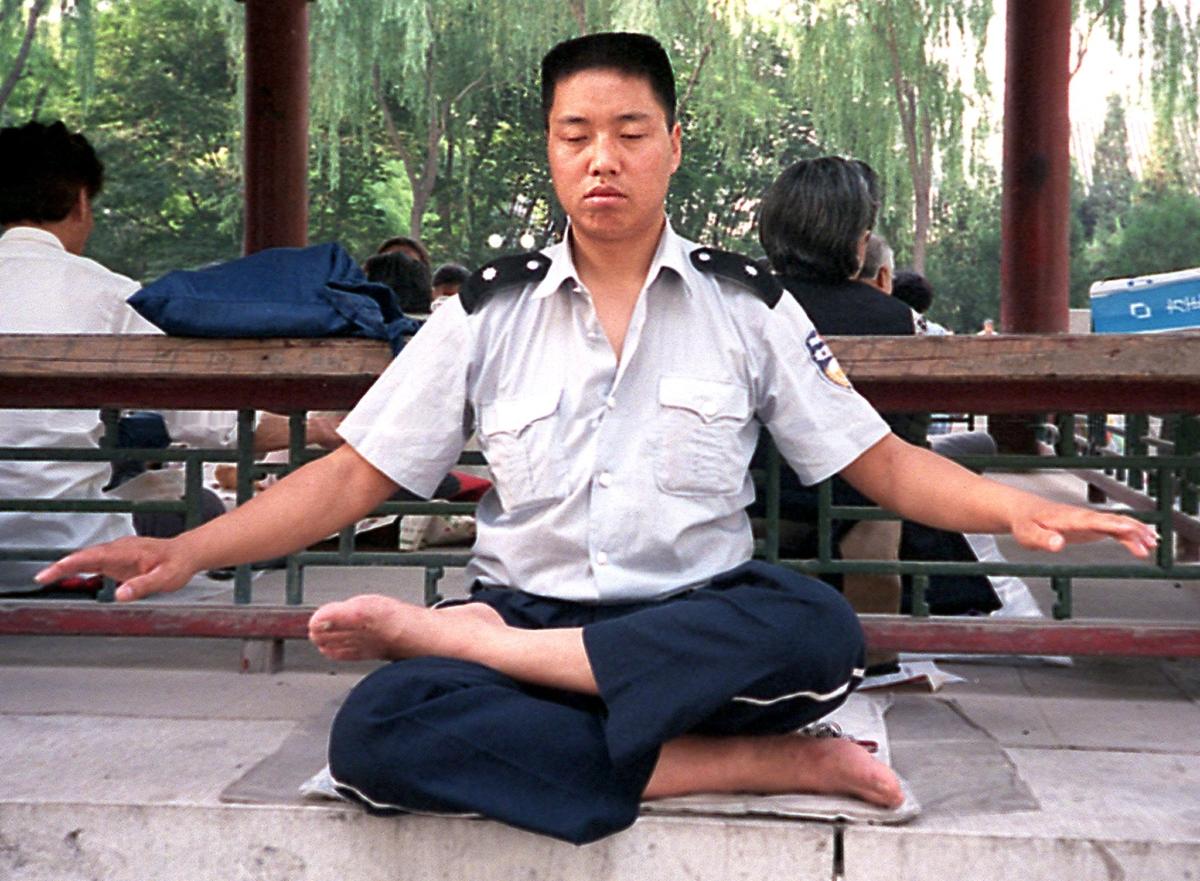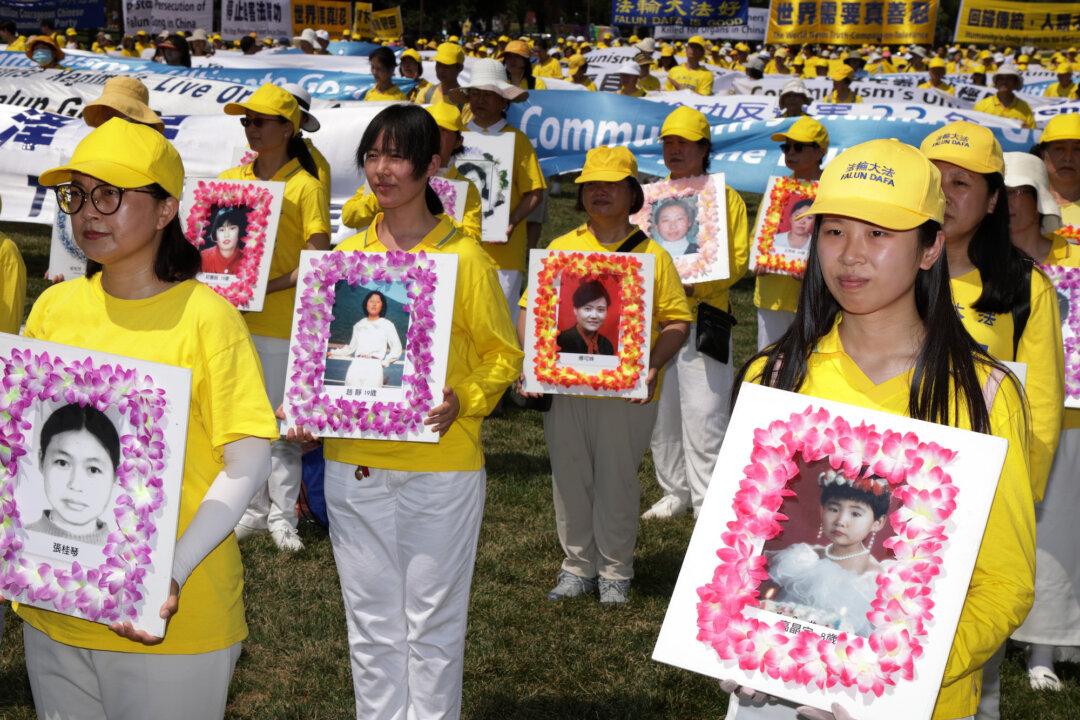Doctors told Hu Qinqyun that he had three months to live. Amazingly, a year later the leukemia patient was still alive. He credited his newfound practice of Falun Gong with his miraculous recovery. Then, a ruthless campaign of persecution against Falun Gong smashed his last hope for life.
This is a story about a miraculous hope for life, juxtaposed with a deadly campaign of destruction. Mr. Hu’s fate is closely tied to China’s history between 1998 and 2001. The brief period covers the peak years of Falun Gong’s popularity in China, followed by a brutal persecution campaign launched by Jiang Zemin, former head of the Chinese Communist Party (CCP).
‘Falun Gong Prolonged My Life’
Mr. Hu was a superior court judge in Jiangxi Province, in east China.In June 1997, Mr. Hu was diagnosed with acute leukemia. Then, as now, it was incurable, but the treatment options were far more limited. He was on the verge of death several times in the following months. Complications such as hepatitis B, hepatitis C, tuberculosis, and aplastic anemia all further shortened his expected survival time.
Medical experts from China’s top hospitals told Mr. Hu that had three months to live at most.
Despite Mr. Hu’s bleak prognosis, his doctors decided to try chemotherapy. Shortly after, cancer cells in his bone marrow surged to 65 percent from 30 percent before chemotherapy. His immune function declined dramatically, and death was imminent.
During that time, Mr. Hu could only lie in his hospital bed daily, enduring the pain, living on a liquid diet, and losing almost 40 pounds. He felt that “life was worse than death” and counted down his remaining days day by day. His relatives had already begun to plan his funeral.
One day in February 1998, three days before his predicted death, Mr. Hu was introduced to Falun Gong.

With no other hope in sight, Mr. Hu began listening to the recordings of Falun Gong founder Mr. Li Hongzhi’s teachings and read the book “Zhuan Falun” daily. A month or so later, he could practice Falun Gong exercises on the bed, and soon after that, he gradually discontinued chemotherapy, blood, and platelet transfusions and discontinued taking medications.
To his amazement, after he had practiced Falun Gong for a few months, Mr. Hu’s health improved. In early June 1998, the hospital agreed to discharge him with a diagnosis of “partial remission of leukemia.”
After he returned home, Mr. Hu continued to practice Falun Gong and learn its principles–“truthfulness, compassion, and forbearance.” He was able to pick up his life where it had stopped when leukemia sidelined him.
A Dream of Healing Cut Short
Just one year later in July 1999, the CCP began its vicious repression of Falun Gong. On July 21, Mr. Hu was arrested on charges of “gathering a crowd to disrupt the social order.”Mr. Hu told police that he had been a leukemia patient without immune resistance, and that his life might be in danger if he stopped practicing Falun Gong, but they ignored him and locked him up with some criminal offenders.
In the detention center, Mr. Hu was forbidden to practice Falun Gong and was given only cold drinks and cold showers—often thought to be contraindicated for leukemia patients. After a few days, he began to bleed from his gums and nose and had bleeding spots all over his body. Later, his symptoms became more serious, and he fainted twice in the detention center.
After being in jail for 20 days, he fell into a coma. The police sent him to the hospital, where he was diagnosed with a relapse of leukemia.
Less than one month later, on Aug. 9 of the same year, Mr. Hu was released on medical parole with a life-threatening condition.
However, in October of that year, Mr. Hu was detained again. After being imprisoned for 15 months, on Jan. 10, 2001, he was sentenced to seven years in prison.
There was no way for the outside world to know what happened to Mr. Hu during those many months in prison. What is known is that on March 22, 2001, he died of leukemia in Jiangxi Prison Hospital.
Mr. Hu’s life had lasted 37 months from the date he was supposed to die.
“Falun Gong saved a man who was on the verge of death, but the CCP took away his life,” political commentator Zhuge Mingyang told The Epoch Times.
“How many people in China have been given a new lease of life by practicing Falun Gong, only to lose their lives to the CCP’s brutal persecution?” Mr. Zhuge asked.
Mr. Hu’s death is just one of thousands linked to CCP persecution over almost a quarter century.







